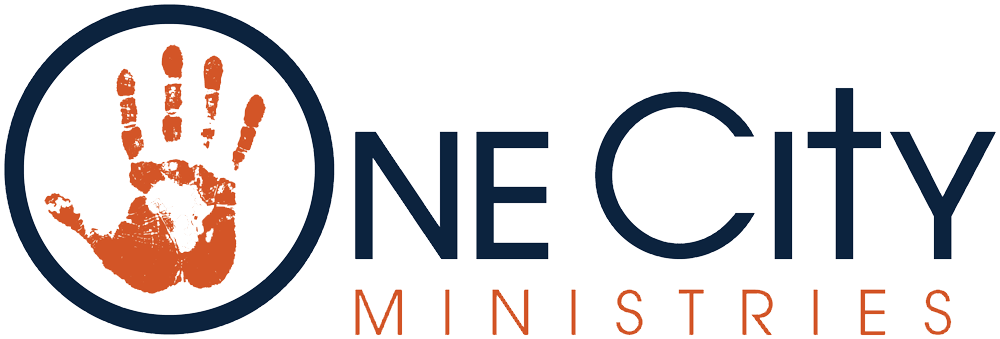Water security. 32,000 crucial gallons during draught.
Waterborne diseases are caused by pathogenic microorganisms that most commonly are transmitted in contaminated fresh water used during bathing, washing, drinking, and in the preparation of food. Each year the subsequent gastrointestinal infections kill over 2.2 million people globally and 4,500 children in developing countries every day! Bacteria commonly found in old boreholes and ground water supplies cause infections such as Cholera, Dysentery, Salmonella and Typhoid. The result is the world’s greatest public health crisis killing more people than from HIV-AIDS, malaria, and tuberculosis combined.
Additional factors affecting the people of East Africa is climate-change-related alterations in rainfall. The subsequent drought caused by such climatic changes reduces surface water availability and water quality. This has a perpetuating effect on water-related disease and many livelihoods! Droughts lead to a diminished dietary diversity, a reduction in overall food consumption, malnutrition, and a reduction in crop yields. A robust economy, a thriving ecosystem, and human health all depend greatly on the availability of water.
Water conservation and rain water harvesting has been a major push at One City’s Light Village. The ability to provide a consistent supply of water that can be safely used for drinking, hygiene and irrigation is of paramount importance to insure all life supporting measures are being taken.
Over the next few years One City plans to quadruple its existing 32,000 liter storage capacity to stay in step with the potential rain shortfalls.
